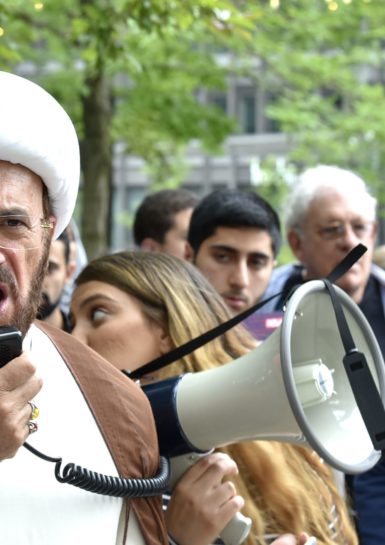
Is It A Muslim Ban? Is It American?
Today SCOTUS (the Supreme Court Of The United States) upheld the validity of an executive order issued by President Donald Trump in the early days of his administration. I do not claim to be a legal scholar. I am not shy when it comes to criticizing my government or the practices of foreign governments. When it comes to discrimination, whether it is based on religious grounds, racial grounds or any other social class protected by the Constitution, I become particularly alarmed. With that said, I want to call the “Trump Travel Ban” what it really is. It was a cheap political ploy to score points with his xenophobic base. My default reaction to the Supreme Court is to believe that the law and the Constitution are the primary driving forces behind their votes. The 5-4 party line ruling in this instance does not do anything to support my level of faith in that institution.
Detroit — After weeks of waiting for a Supreme Court ruling on a travel ban from mostly Muslim countries, Mutia Nassar said he felt defeated Tuesday when he had to call his wife to say they wouldn’t be reunited.
Nassar, 23, who moved from Yemen to Dearborn with his family in 2001, said his wife was granted a visa on Oct. 31, 2016. Three months later, just weeks before she would depart the country to join her husband, whom she met on his visits home, President Donald Trump signed his first executive order on the travel ban. Yemen was on it.
“It’s been almost two years and when I called her today, she was crying,” said Nassar, who was at a rally in downtown Detroit to protest the High Court ruling. “I was 8 years old when my family came and I became a citizen … I didn’t think this would happen …”
Nassar said his wife moved to Djibouti, which wasn’t on the list of countries banned from entering the United States. She lived there for six months awaiting the move to the United States after restarting the visa process.



